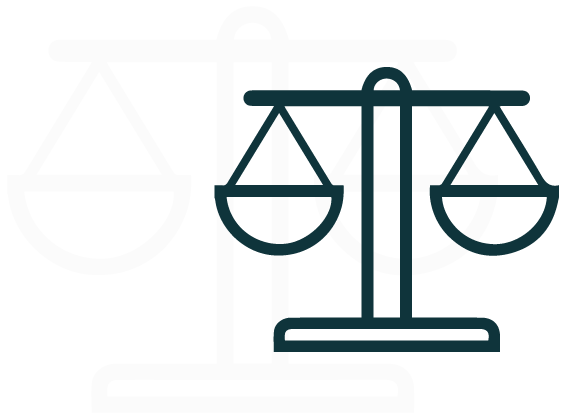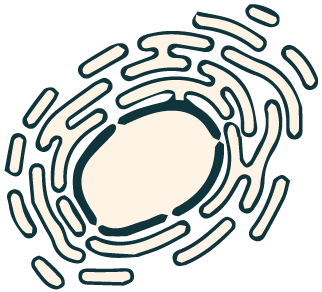This website uses cookies to ensure you get the best experience on our website.
- Table of Contents
Facts about Centriolar coiled-coil protein of 110 kDa.

Also involved in promoting ciliogenesis. May play a role in the assembly of the mother centriole subdistal appendages (SDA) thereby effecting the combination of recycling endosomes to basal bodies during cilia formation (By similarity).
| Human | |
|---|---|
| Gene Name: | CCP110 |
| Uniprot: | O43303 |
| Entrez: | 9738 |

| Belongs to: |
|---|
| No superfamily |

centriolar coiled coil protein 110kDa; Cep110; CP110
Mass (kDA):
113.424 kDA

| Human | |
|---|---|
| Location: | 16p12.3 |
| Sequence: | 16; NC_000016.10 (19523879..19553408) |
Highly expressed in testis. Detected at intermediate levels in spleen, thymus, prostate, small intestine, colon and peripheral blood leukocytes.
Cytoplasm, cytoskeleton, microtubule organizing center, centrosome, centriole. Cytoplasm, cytoskeleton, microtubule organizing center, centrosome. Cytoplasm, cytoskeleton, cilium basal body. Recruited early and then associates with the growing distal tips. Recruited to the mother centriole by KIF24. Removed from centrioles by TTBK2, leading to initiation of ciliogenesis and localizes only to the daughter centriole in ciliated cells. In cytotoxic T lymphocytes remains associated with the mother centriole during docking of the centrosome at the immunological synapse upon target contact.



PMID: 12361598 by Chen Z., et al. CP110, a cell cycle-dependent CDK substrate, regulates centrosome duplication in human cells.
PMID: 16760425 by Tsang W.Y., et al. CP110 cooperates with two calcium-binding proteins to regulate cytokinesis and genome stability.